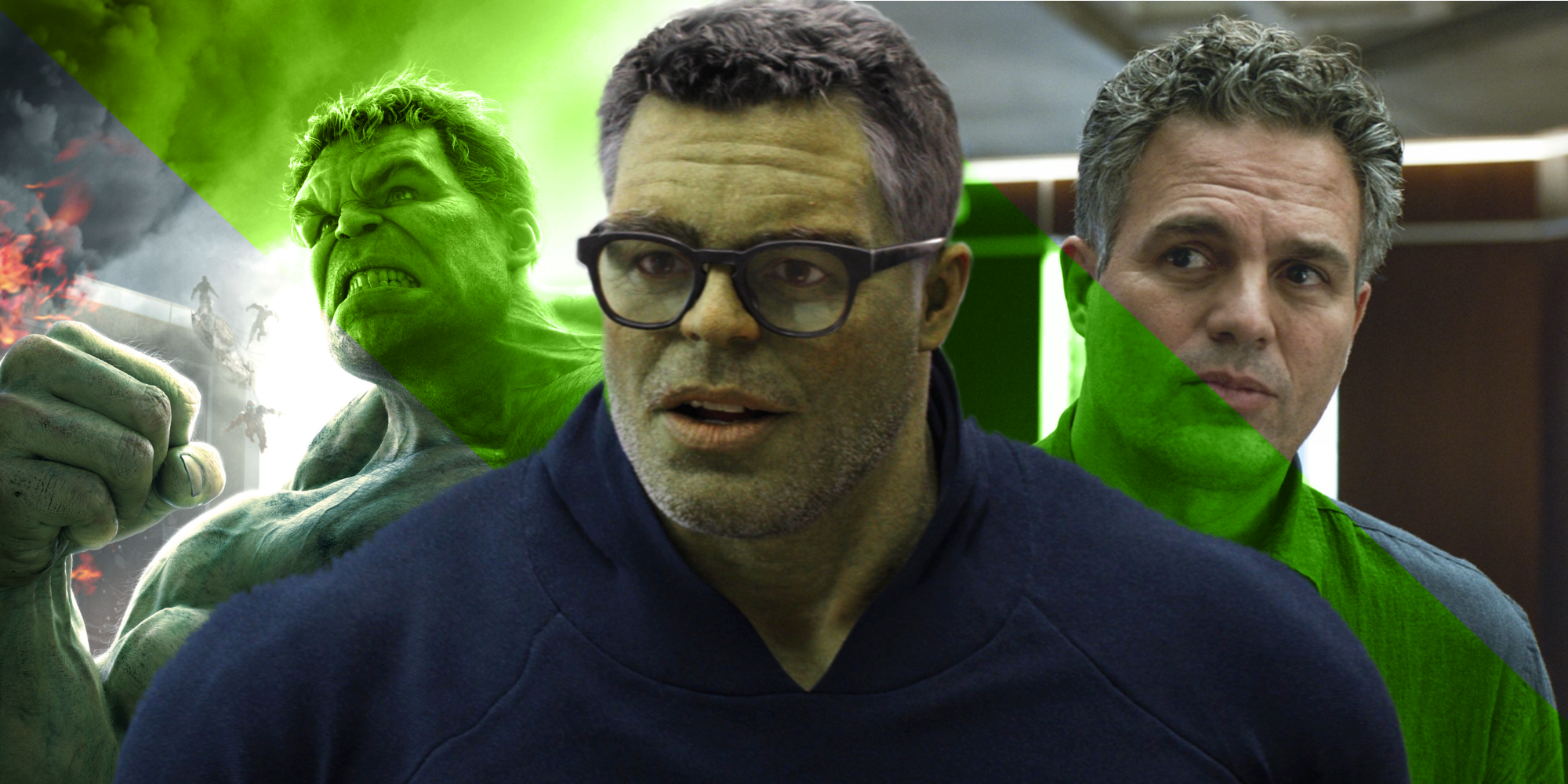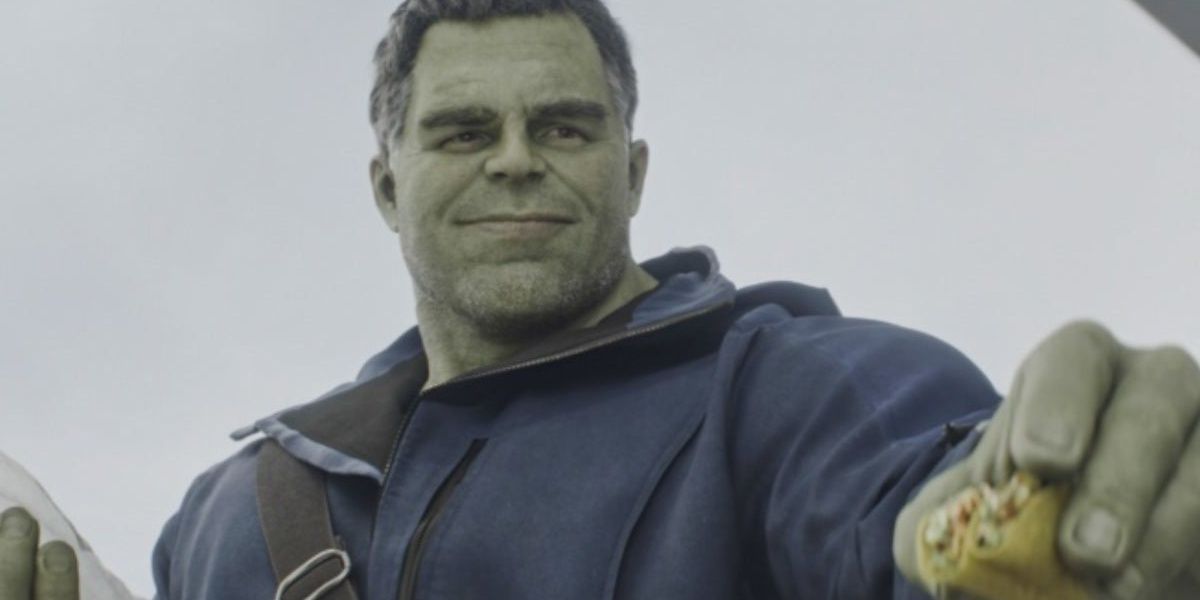Through the Marvel Cinematic Universe's Infinity Saga, Dr. Bruce Banner, aka Hulk, goes through a character arc that results in the happy medium of "Smart Hulk", but no-one in the MCU calls him that. In The Falcon and the Winter Soldier, after the confrontation with Karli Morgenthau and the Flag-Smashers, John Walker, the new Captain America, refers to the original Avenger as "Dr. Banner". This signals an in-universe avoidance of the term "Smart Hulk". So why do characters like John Walker avoid referring to Banner with this fandom moniker – or even his superhero nickname, Hulk?
Bruce Banner spends the Infinity Saga on a path of self-discovery and coming to terms with his dual identity as Dr. Banner and the Hulk. Introduced in The Incredible Hulk, Banner is first and foremost a scientist who was looking for ways to prevent damage to humans on exposure to gamma radiation. His experiment fails, and subsequent exposure to gamma rays alters his physiology so that whenever he is agitated, angry, or has a heartbeat above 200BPM, he transforms into the MCU's Incredible Hulk. In this form he is nearly invincible and has epic super strength and durability – but is also uncontrollable, has no consideration for collateral damage, and lets rage guide his actions.
By the time of Avengers: Infinity War, Hulk, and Banner experienced a falling out as a result of a failed attack on Thanos while aboard the Asgardian refugee ship, the Statesman. Over the course of several subsequent engagements with the forces of Thanos, Hulk refuses to surface when called on by Banner, reducing Banner's battle effectiveness and also meaning other Avengers need to protect him amid battles. Banner ends up donning Tony Stark/Iron Man's Hulkbuster armor into battle because Hulk himself refuses to show. In the five years between Infinity War and Avengers: Endgame, however, Banner continues his research into gamma radiation and finds a happy medium between Hulk and Banner, fusing the former's strength and green form with the intelligence of the latter, creating "Smart Hulk".
But the use of either "Smart Hulk" or even just "Hulk" in the MCU is rare or basically nonexistent. John Walker's avoidance of either term in Falcon and the Winter Soldier is just the latest example of this, and even Banner's/Hulk's closest acquaintances, such as Natasha Romanoff, prefer terms like "the big guy" rather than "Hulk". It's part of a tradition in the MCU of eschewing code names or superhero monikers – using the real name of a superhero humanizes them and demonstrates the personal relationships between the characters. This is amplified when it comes to Hulk, which carries connotations of the side of Banner's own character that he abhors for much of his time onscreen: his uncontrollable rage, and the death and destruction caused by it. Given anger also leads to Banner's transformations, referring to him in this way also risks an uncontrolled transformation at an unsuitable time, such as aboard a Quinjet or Helicarrier.
Further, John Walker's reference to Hulk as "Dr. Banner" demonstrates the reformation Hulk has gone through over his character arc. In earlier films in the MCU, the Hulk was referred to with fear as a hulking beast – another barrier for Bruce Banner to overcome. The fact that Walker uses "Dr. Banner" instead, shows that Banner's transformation into "Smart Hulk" prioritizes his most valuable abilities: his intelligence and experience as a scientist. Walker also refers to Banner's super strength, though this is separate from Banner's core identity. Endgame showed a satisfying conclusion to Banner's self-exploration arc, and it's clear that the rest of the Marvel Cinematic Universe sees this new phase of the character as more than the rage-driven Hulk.








